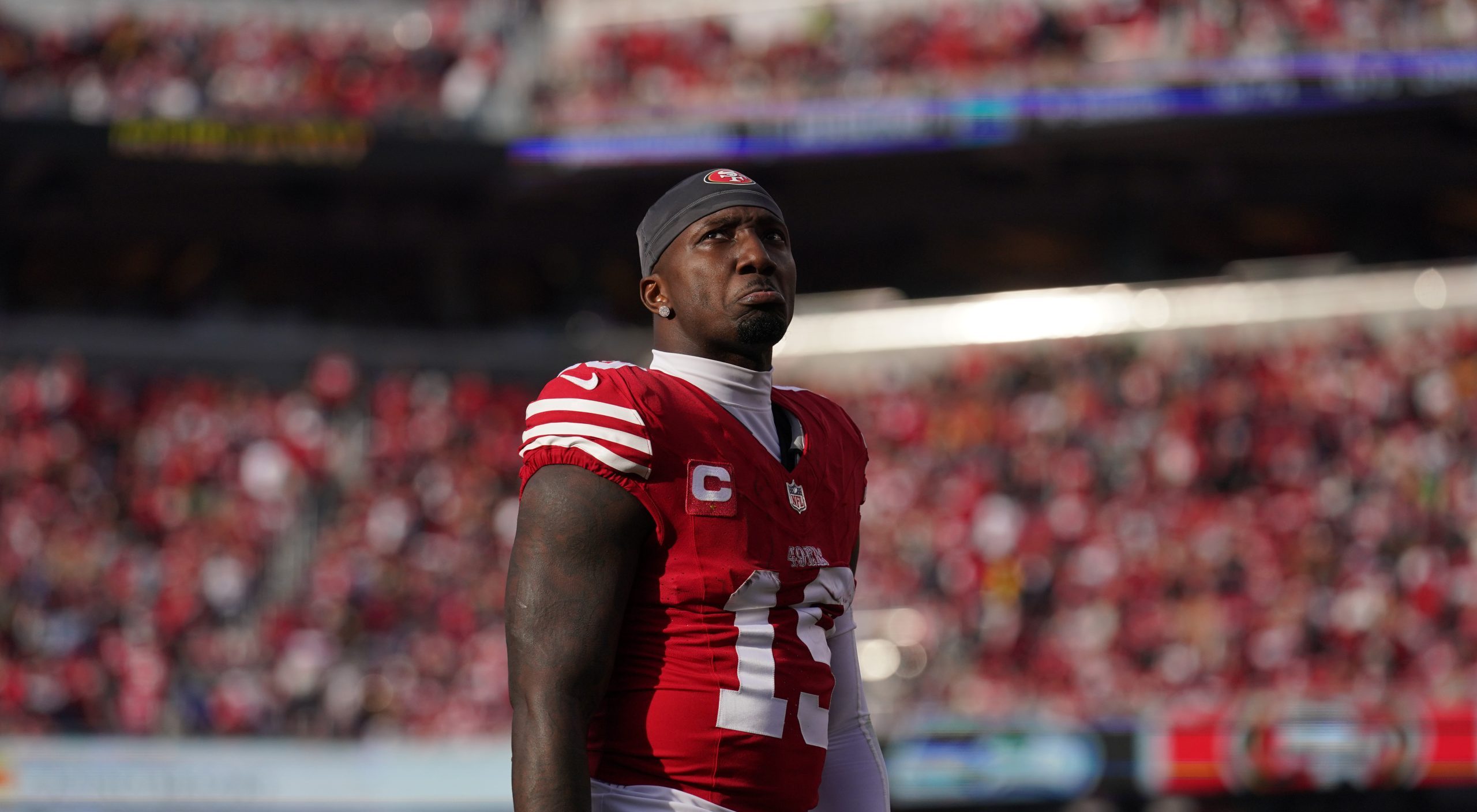The NCAA is proposing a few new rule changes to college football this offseason in an effort to speed up the game. But that doesn’t mean there won’t be some unintended consequences if the rules are passed and instated this season.
Todd Berry, the executive director of the American Football Coaches Association, pointed out that this isn’t the first time the NCAA Rules Committee tried to shorten the game. And last time, it had the opposite effect.
Back in 2008, the Rules Committee tried to shorten the game by adopting the 40-second/25-second play clock rule and by only stopping the clock on an out-of-bounds play during the final two minutes of a half. He thinks that this led to the no-huddle offense.
“Offensive coaches were going to get their snaps back in,” Berry said according to On3. “The 2008 rule(s) basically became counter-productive. It created all the no-huddle offenses, which created other problems in terms of substitutions and all of those other kinds of things for defensive coaches. It created more problems than it helped solve.”
He thinks if the NCAA made radical changes again, you’d see a similar response from coaches that could change the way the game is played.
“I would suggest if they had gone to incomplete passes – our coaches said this – all of a sudden you’d see a faster pace, more of a turbo mode,” Berry said.
The Rules Committee is not planning to go forward with an initial plan that could have kept the clock running after incomplete passes. However, that doesn’t mean they won’t do that in the future.
[On3]







